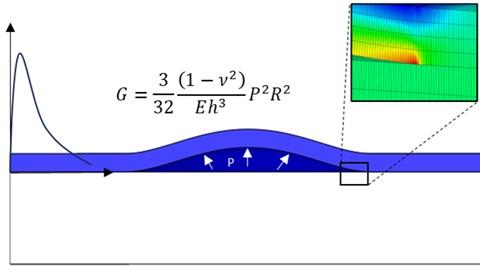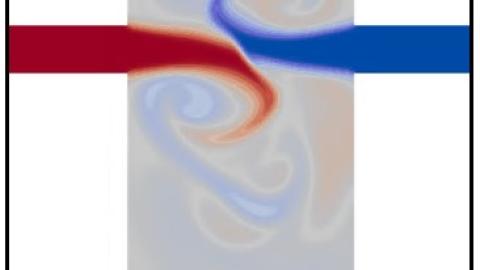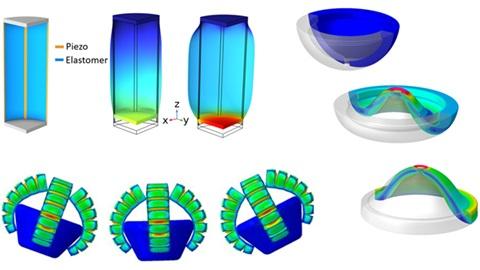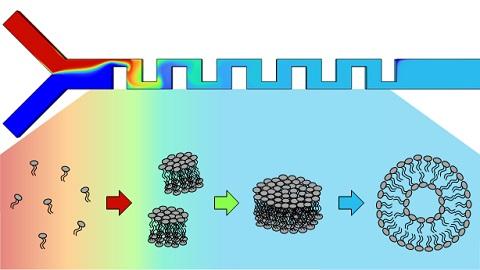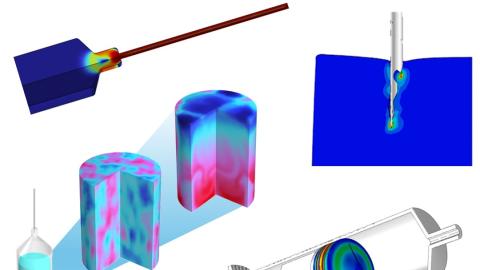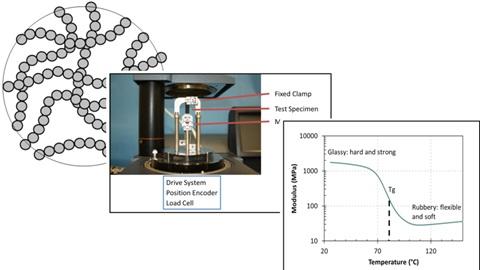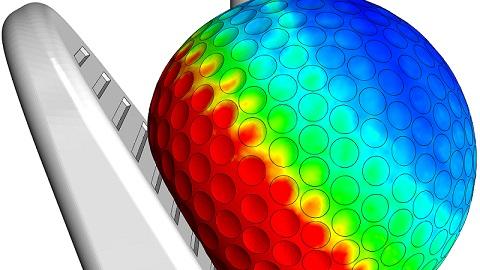In addition to our in-depth training seminars, Veryst regularly offers shorter webinars on a variety of topics. Below are some of our upcoming courses.
If you would like to be notified when new webinars are posted, please email us at seminars@veryst.com.

